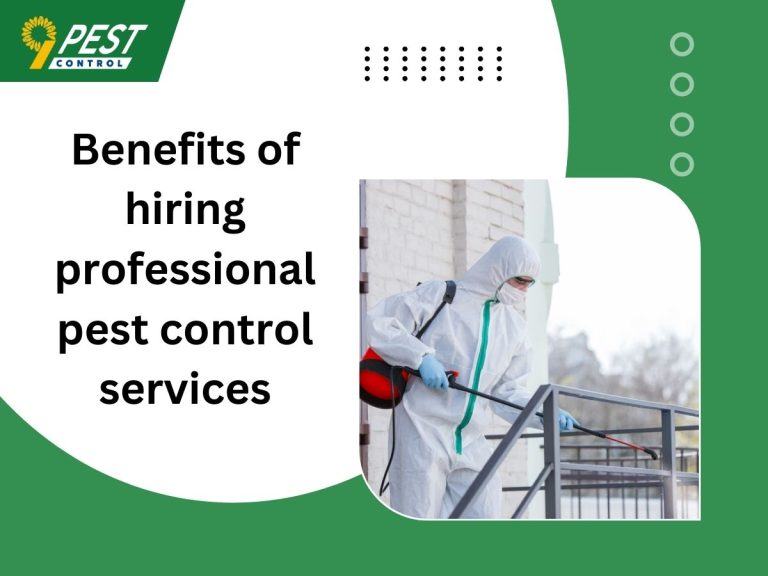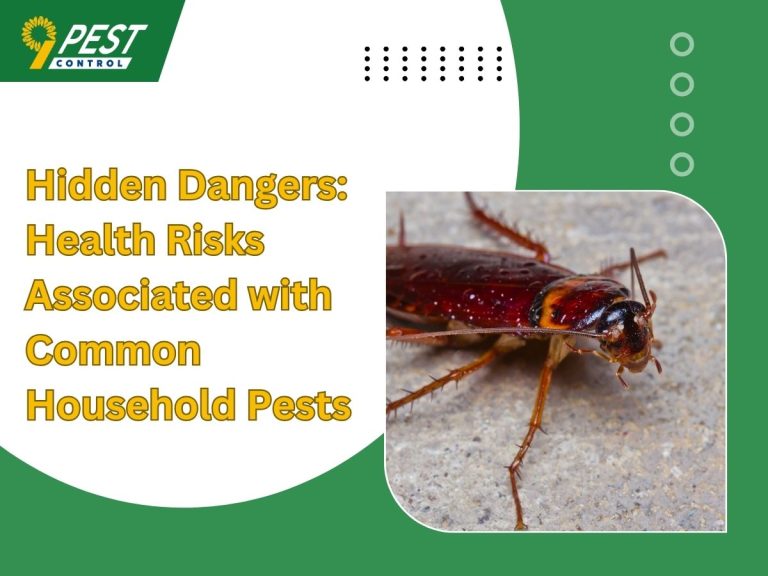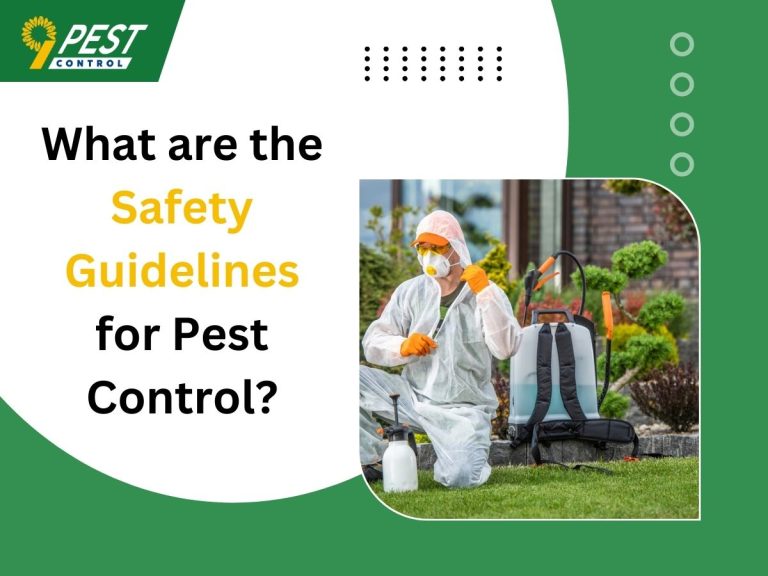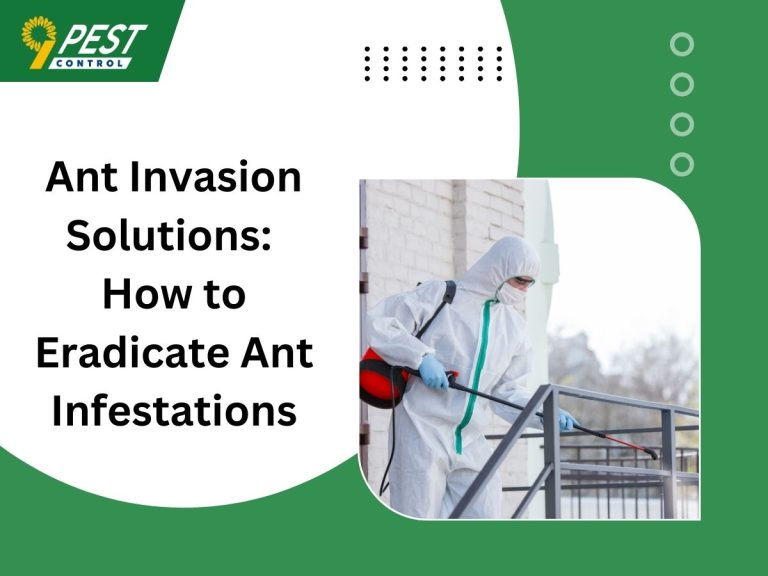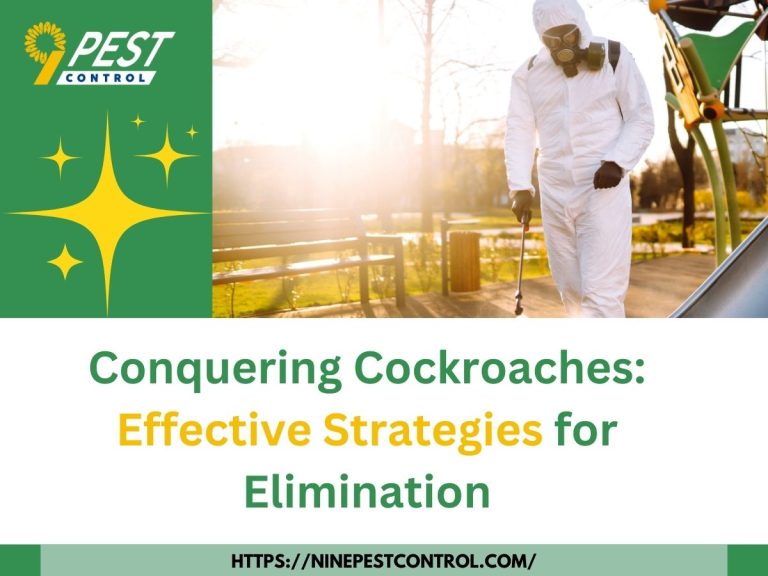Why is Pest Control Service Necessary for Your Premises?
Pest control is essential for health protection, preventing diseases like Lyme disease and the Zika virus spread by pests such as rats and mosquitoes. It maintains property integrity by preventing structural damage caused by termites and carpenter ants, saving on costly repairs.
Pest control ensures food safety by keeping pests like cockroaches and rodents away from food products. It also helps control allergens, reducing issues like allergies and asthma caused by pests such as dust mites, thereby improving indoor air quality.
Economically, pest control offers cost savings by preventing major infestations and expensive repairs. Lastly, professional pest control provides peace of mind, ensuring a safe and comfortable environment for living and working.
What are the Common Types of Pests in the US?
In the United States, various pests pose challenges to homeowners, businesses, and agricultural operations. Here are some common types below:
- Termites: These wood-destroying insects can cause significant structural damage to homes and other buildings, often resulting in costly repairs.
- Rodents: Mice and rats are prevalent in urban, suburban, and rural areas. They can damage property, contaminate food, and spread diseases like Hantavirus and Salmonella.
- Ants: Several species of ants invade homes, including carpenter ants that damage wood and sugar ants that are attracted to food.
- Cockroaches: Known for their resilience, cockroaches are common in residential and commercial environments. Further, They can spread viruses and bacteria and trigger allergic reactions.
- Mosquitoes: Beyond their annoying bites, mosquitoes are vectors for serious diseases, including West Nile Virus, Zika, and dengue fever, particularly in warmer climates.
- Bed Bugs: These pests are notorious for infestations in homes, hotels, and other places where people sleep. They feed on human blood and are difficult to eradicate without professional help.
Strategic Steps to Solve Common Pest Issues
- Preventative Measures: Seal cracks and gaps in walls, doors, and windows. Ensure proper drainage and maintain clean gutters to prevent water accumulation.
- Proper Sanitation: Keep the environment clean and free of food scraps. Dispose of garbage regularly in sealed containers and clean up food residue from counters and floors.
- Eliminate Standing Water: Drain water sources where mosquitoes lay eggs, such as birdbaths, clogged gutters, and buckets.
- Use of Baits and Traps: Place baits and traps for rodents and ants where pests are likely to be, but out of reach of children and pets.
- Chemical Treatments: For severe infestations, use pesticides according to manufacturer instructions or hire a professional for safe and effective pest management.
- Regular Inspections: Conduct regular property inspections to identify signs of infestation early, such as droppings, nesting materials, and property damage, leading to more controllable outcomes.
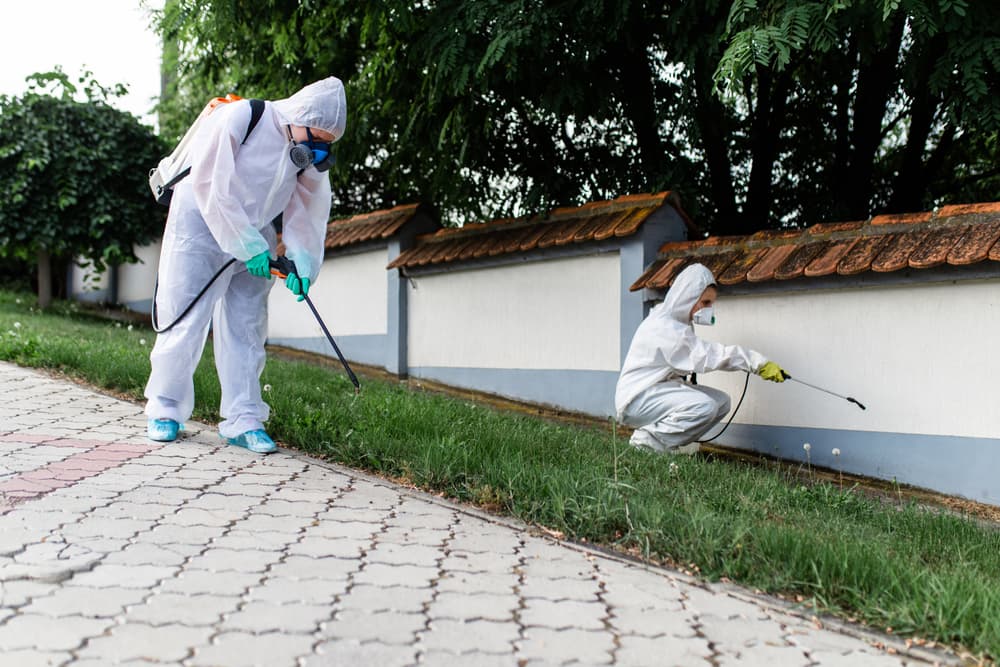
How to Solve Common Pests Problems? DIY vs Hire a Professional
When dealing with common pest problems, homeowners often face the decision of whether to tackle the issue themselves (DIY) or hire a professional pest control service. Both approaches have their own sets of advantages and disadvantages. Here’s a detailed comparison to help you decide which method might be best for your situation.
DIY Pest Control
Benefits
- Cost Savings: DIY methods can be more budget-friendly as they eliminate the need for professional service fees.
- Immediate Action: Homeowners can address pest issues immediately without waiting for an appointment.
- Control and Knowledge: DIY enthusiasts gain valuable knowledge about pests and their control methods, providing a sense of control over the situation.
Limitations
- Limited Expertise: Homeowners may lack the specialized knowledge and experience of professional pest control technicians, leading to ineffective or incomplete treatments.
- Health and Safety Risks: Handling chemicals and dealing with certain pests (e.g., wasps, rodents) can pose safety risks if proper precautions are not taken.
- Complex Infestations: Severe or complex infestations may require specialized equipment and techniques that are not available to homeowners.
- Time-Consuming: DIY pest control can be a trial-and-error process, which may delay effective treatment.
Common DIY Methods
- Cleanliness: Keeping your home clean and free of food scraps can deter pests[4][5].
- Sealing Entry Points: Inspect and seal gaps, cracks, and openings to prevent pests from entering your home.
- Natural Repellents: Using plants like spearmint, rosemary, and lavender as natural pest repellents.
- Moisture Control: Keeping areas dry to deter pests that thrive in moist environments.
Advantages of Professional Pest Control Service
- Expertise and Experience: Professional technicians have the knowledge and experience to accurately identify pests, assess infestations, and develop effective treatment plans.
- Effective and Long-Term Solutions: Professionals often provide more effective and long-lasting solutions, including integrated pest management (IPM) strategies.
- Safety: Professionals use pesticides safely and only as a last resort, reducing the risk of harmful exposure to you and your family.
- Time-Saving: Hiring professionals can save you time and effort, as they handle the entire process efficiently.
- Peace of Mind: Knowing that a professional is handling the problem can reduce stress and provide peace of mind.
- Severe Infestations: For large or complex infestations that are difficult to manage with DIY methods.
Wrapping Up!
In conclusion, pest control is not only a service but an important item that enhances safety and a sustainable, healthy environment. At Nine Pest Control, we combine the best technology, technical know-how and timely customer service to ensure you get the best pest control solutions today. Let us protect ourselves from these pests; it is an investment that would benefit everyone in the long run.


